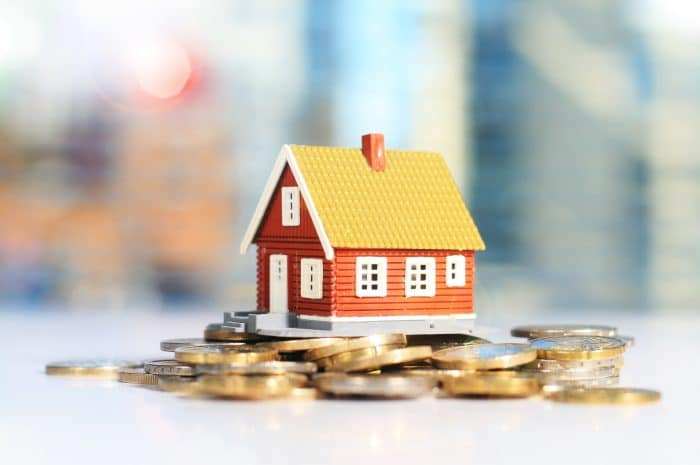You probably know a relative, or neighbor, or co-worker who has a rental property. Individual real estate investors – those who buy a property for the express purpose of renting it out – are almost everywhere. It seems easy. You acquire a property, advertise it “for rent,” then collect an extra paycheck each month when your tenant pays you.
But not all rental properties are created equal. And there can be a few fine lines between what is a profitable rental property and what is a cash drain on the investor. Here are five issues to consider when investing in a rental property.
Market rents
Real estate tends to be speculative in nature. Investors want to follow the “buy low, sell high” formula that works in the stock market. But rental property is not the stock market because it provides constant, recurring income in the form of rent. That’s where the dependable money is.
So it makes sense to focus on rental rates. Do you buy the home that costs $10,000 more but rents for $200 more per month than the cheaper home? If income is your goal, then the answer is an easy “yes.” But you won’t ever know the profit potential of a place if you don’t know what market rents are in the area. Study market rents.
Would you live in it?
You can come across a home that seems like a “deal” in that it can be acquired below what would be considered market value. But if renting that home out is your intent, it’s got to be a place people will want to live in. So a basic litmus test is this: Would YOU live there?
If it’s a property you’d never consider living in yourself, it’s likely that others would share your same objections. If you want to be successful in renting a property, you have to acquire property that others will want to live in. A rental property is profitable only when someone is renting it.

Beds and baths
One lesser-known rule of real estate investing is that the number of bedrooms and bathrooms in a home is a greater driver of rental potential than most anything else. A pristine palace with two bedrooms and one bathroom can be much less profitable than a three- or four-bedroom, two-bath home that isn’t as pretty.
The rental rule of thumb is that the more people a property is equipped to accommodate, the more income it can typically generate.
What are the schools like?
Along the same lines, a home that’s suitable for more people will likely mean children are involved. Someone interested in that four-bedroom home you’re renting for more money than the two-bedroom home around the corner is likely to have kids.
That means it behooves you to pay attention to the school district in which a potential rental property is located. When a school district is on an upswing, people are attracted to the area. When it’s headed the other way – failed levies, bad state reports – people move out. Having a rental property that’s profitable is all about demand, and part of a family of tenants’ demand will be the schools.
Property taxes
It would seem a solid strategy to invest in nice homes in nice neighborhoods if you want rental demand for your property. However, with such properties can come higher tax bills.
Anytime you purchase a home, you should receive property tax information. It’s important to consider because property tax is an expense that will eat into your net profit from rental income. For example, if you have a property in one municipality that rents for $100 more a month than one in the next town over, but the latter has an annual property tax bill of $1,200 more, it’s a wash. Often, the property with the higher tax bill, which eats at your profitability, also comes with a higher purchase price.
There are many issues to consider for any buyer of any property. But buyers of real estate who have the specific objective of earning rental income should consider, perhaps more carefully, factors that traditional buyers might not.
Author: Khareem Cabey






